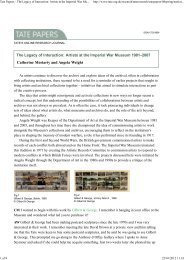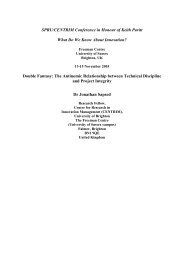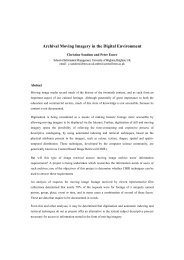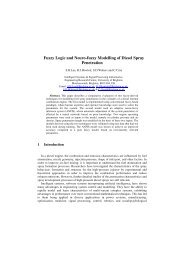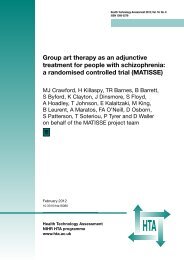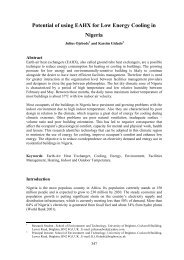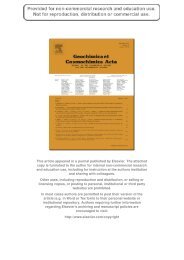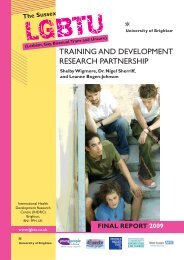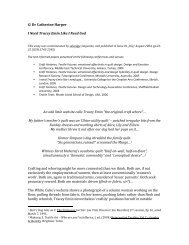NESTA Crime Online - University of Brighton Repository
NESTA Crime Online - University of Brighton Repository
NESTA Crime Online - University of Brighton Repository
Create successful ePaper yourself
Turn your PDF publications into a flip-book with our unique Google optimized e-Paper software.
limitations. Estimating cybercrime still remains an inexact science and all statistics in<br />
this field should be treated with caution.<br />
1.3 Credit card fraud trends<br />
High frequency <strong>of</strong> credit card transactions and the wider range <strong>of</strong> available<br />
methods <strong>of</strong> payment are rapidly increasing the incidence <strong>of</strong> credit card fraud.<br />
Credit card fraud includes the illicit use <strong>of</strong> stolen credit cards, credit card numbers, CVV2<br />
numbers (the security code on the back) and credit card ‘dumps’. 31 This information can<br />
be obtained by means such as card skimming, phishing schemes, or stealing information<br />
in personal computers or database systems (using Trojans or hacking).<br />
According to the latest Symantec Security Threat report (2008), 32 credit card<br />
information was the most advertised category on underground economy servers,<br />
ranking the highest in terms <strong>of</strong> supplied and demanded information for 2007-08. The<br />
reasons for their high popularity are:<br />
The frequency <strong>of</strong> credit card transactions: Consumers have almost completely switched<br />
from traditional types <strong>of</strong> payment such as cash and cheques to debit and credit cards.<br />
APACS recently reported 1.9 billion plastic card purchases made in the UK in the third<br />
quarter <strong>of</strong> 2008 totalling £93.7 billion. The number <strong>of</strong> purchases was 8.6 per cent higher<br />
than in the third quarter <strong>of</strong> 2007, and spending was 7.3 per cent higher. 33 The ‘credit<br />
crunch’ may slow this growth but the overall trends indicate a clear move away from<br />
paper to electronic payments.<br />
A growing preference for online transaction: The number <strong>of</strong> adults shopping online has<br />
trebled from 2001 to the present in the UK (from 11 million to over 30 million), and<br />
these figures are consistently rising. The growth in e-commerce increases the<br />
the company observed in underground markets. This figure can be easily questioned, since it does not account<br />
for the number <strong>of</strong> cards that were cancelled or inoperative, or the high variation <strong>of</strong> the amounts stolen from<br />
credit cards. Estimated by Symantec (2008), “Symantec Report on the Underground Economy”.<br />
31 ‘Dump’ is a slang word for stolen credit card information and usually contains among other things: name and<br />
address <strong>of</strong> cardholder, account number, expiration date, verification/CVV2 code.<br />
32 Symantec (2008), “Symantec Report on the Underground Economy”, July 07–June 08.<br />
33 This increase is mostly materialised on debit cards, which accounted for 73.8 per cent <strong>of</strong> all plastic card<br />
purchases compared with 72.0 per cent in the third quarter <strong>of</strong> 2007.<br />
Page 16





